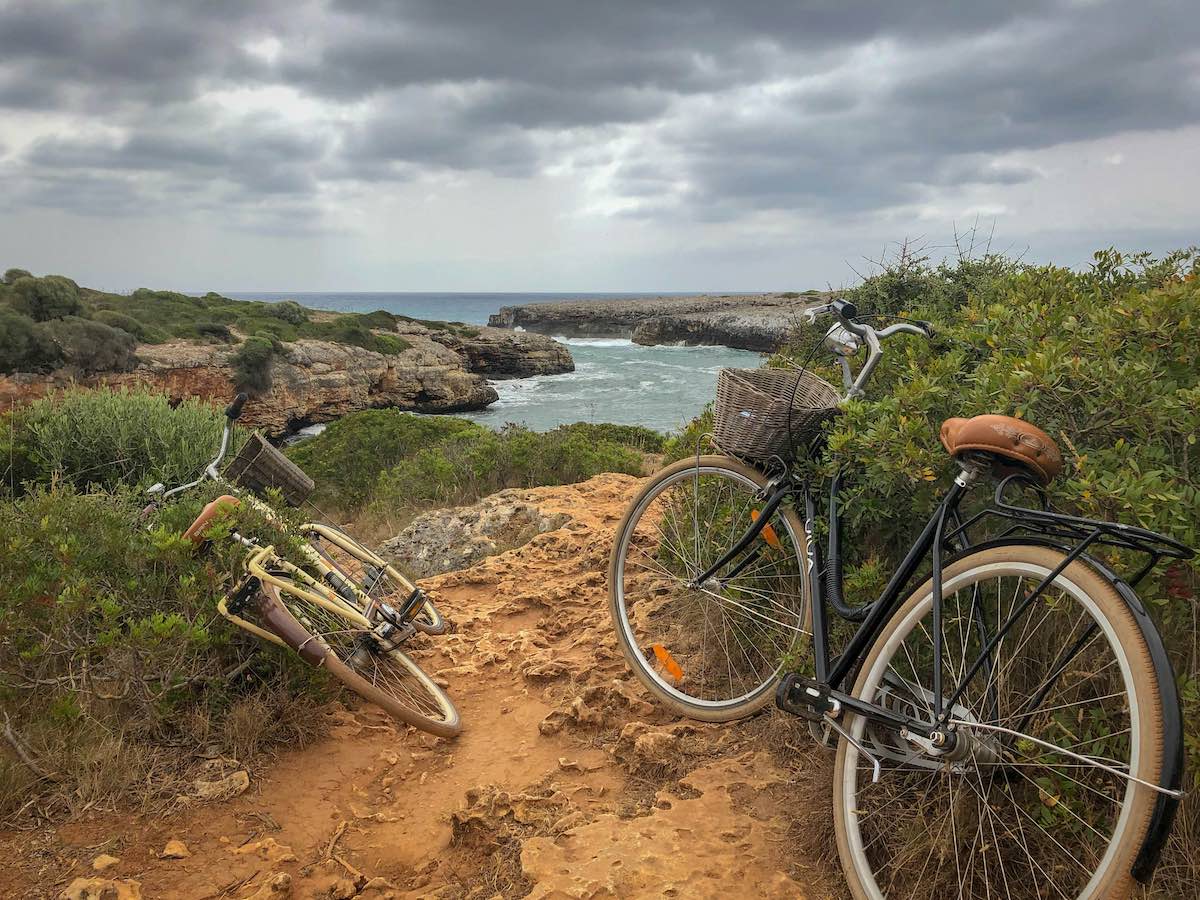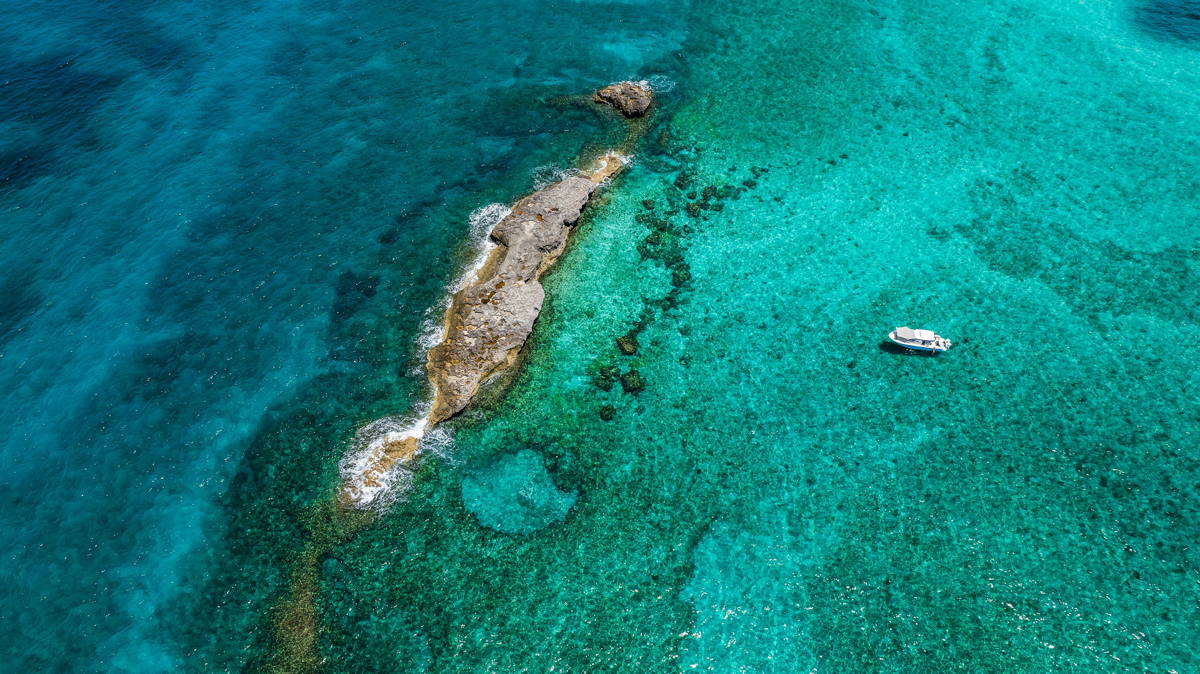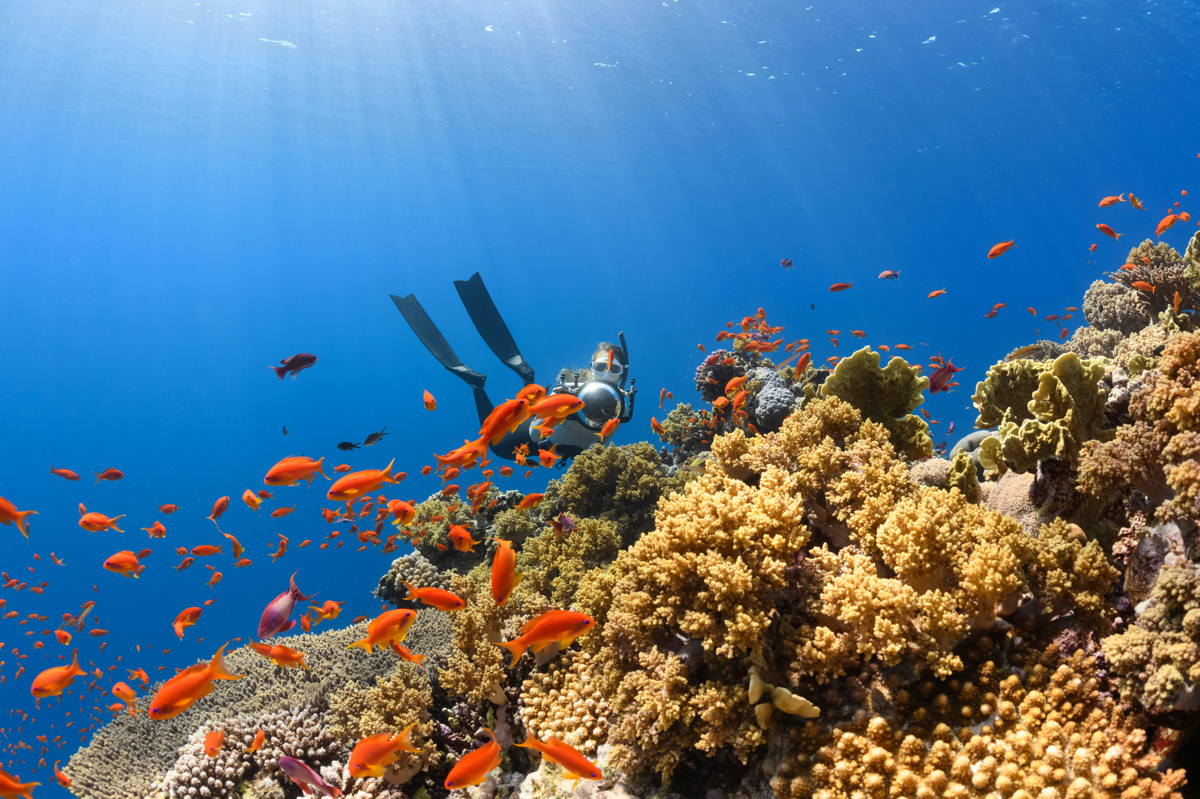
10 Hidden Paradises That Will Make You Rethink Travel in the Age of Overtourism
Have you ever heard of religious tourism or the growing movement of “in bloom” travel? As mass tourism crowds iconic landmarks and strips destinations of their authenticity, a new kind of journey is emerging —one that values silence over spectacle and meaning over motion. These ten hidden paradises invite you to slow down, reconnect with nature, and rediscover cultures that flourish beyond the tourist trail. From islands untouched by cruise ships to remote valleys where community and sustainability still define daily life, each place offers a gentler, more conscious way to experience the world —with purpose, curiosity, and care.
Over the past decade, the world has witnessed the troubling consequences of overtourism —from the erosion of local ecosystems to the displacement of communities and the loss of cultural authenticity. Cities once defined by their charm and heritage have become overcrowded backdrops for selfies. Driven by cheap flights and instant digital visibility, mass tourism has reshaped the planet’s most fragile destinations, often for the worse.
According to the United Nations World Tourism Organization (UNWTO), global tourism accounts for around 8% of total greenhouse gas emissions —a footprint driven largely by air travel, accommodation energy use, and the consumption patterns of travelers. A 2023 report by the World Travel & Tourism Council (WTTC) estimated that tourism generates more than 1.5 billion tonnes of CO₂ per year, with the hospitality sector alone responsible for nearly a fifth of those emissions. Meanwhile, the OECD warns that by 2030, the number of international tourist arrivals could exceed 1.8 billion, putting even greater pressure on water, waste, and local infrastructure.
But amid this sobering data, new models of travel are quietly rewriting the narrative —showing that exploration and responsibility can coexist beautifully.

The Birth of a New Kind of Travel
A Country in Bloom: Spain is Flourishing (Spain)
Spring in Spain has found a new storyteller in ‘España en Floración’, an initiative by Agromarketing Experiencias Turísticas. This immersive journey celebrates the country’s agricultural landscapes —almond trees, peach blossoms, and lavender fields— through guided tours that support local farmers and artisans. Instead of overwhelming famous cities, travelers disperse across smaller regions, reviving rural economies while preserving their biodiversity.
Spiritual Pathways: Cartagena de Indias, Colombia
In Latin America, the Corporación Turismo Cartagena de Indias is reframing one of Colombia’s most visited cities through its project ‘Turismo religioso’ (Religious Tourism). This initiative highlights sacred architecture, ancestral rituals, and the spiritual diversity of Cartagena beyond its colonial façade. By inviting visitors to engage with faith-based traditions in an ethical, contextualized way, the project offers a slower, more reflective form of travel —one that values silence and meaning over spectacle.
Reforesting Travel: TUI Forest Kenya
A pioneering initiative by the TUI Care Foundation, ‘TUI Forest Kenya’ goes beyond carbon offsetting. The project actively regenerates ecosystems near Kenya’s Shimba Hills National Reserve by planting indigenous trees and training local communities in sustainable agriculture. Every traveler who joins the initiative contributes directly to the rewilding of degraded land —turning tourism into a tool for restoration rather than extraction.

Luxury in Regeneration: Fogo Island Inn, Canada
Perched on the edge of Newfoundland’s rugged coast, the Fogoislandinn is often cited as one of the most visionary examples of regenerative luxury. Every detail —from architecture to gastronomy— serves the island’s circular economy. The hotel reinvests all profits into the local community through the Shorefast Foundation, preserving traditional boat-building and crafts while limiting tourism’s footprint. Fogo Island proves that luxury can be a tool for preservation, not depletion.
The Future Is Local: Lapa Rios Lodge, Costa Rica
In the heart of the Osa Peninsula, Lapa Rios Lodge demonstrates that biodiversity and hospitality can thrive together. Built as a 1000-acre private nature reserve, the eco-lodge supports rainforest conservation and local employment. Guests participate in wildlife monitoring, reforestation, and traditional cacao harvesting—turning leisure into direct conservation.
Nomadic Wisdom: Three Camel Lodge, Mongolia
Deep in the Gobi Desert, Three Camel Lodge blends nomadic heritage with zero-waste architecture. Its founders created Mongolia’s first B-Corp certified hotel, employing local herders and funding desert wildlife protection. Visitors learn ancient horsemanship, Buddhist philosophy, and the delicate balance required to live sustainably in one of the planet’s harshest environments.
Restoration Continuity: Song Saa Private Island, Cambodia
The twin islands of Song Saa Private Island are a blueprint for marine conservation and community tourism. Song Saa Foundation’s coral restoration and waste management programs protect the surrounding reefs, while village projects empower local artisans and fishers. Here, sustainability is not a side project —it is the core of hospitality. It is the first marine-positive private resort promising wellbeing for all and ripple of positive impact. Since 2013, it is B Corp Certified.
Urban Green Shift: CopenHill, Copenhagen
In the heart of Copenhagen, Copenhill redefines tourism in cities through eco-urban innovation. This futuristic waste-to-energy plant doubles as a ski slope, hiking trail, and climbing wall. It attracts adventurous travellers while reminding them that even a metropolis can become a playground for sustainability.
Travel for Tomorrow: The Long Run Community
Founded by Zeitz Foundation, The Long Run Community connects over 50 nature-based lodges worldwide committed to the 4Cs philosophy: Conservation, Community, Culture, and Commerce. Members like Segera Retreat in Kenya and Grootbos in South Africa protect over 20 million acres of ecosystems —proof that collective responsibility can scale across continents.


Responsible tourism is not a trend; it is a transformation of consciousness. It invites us to listen before we move, to give before we take, and to remember that every destination is someone’s home. The most exclusive journey today is not to go farther —but to travel deeper. The next chapter of tourism is being written by those who understand that travel is no longer about escape —it’s about exchange.
+ Highlight Image:
© Daiga Ellaby via Unsplash






